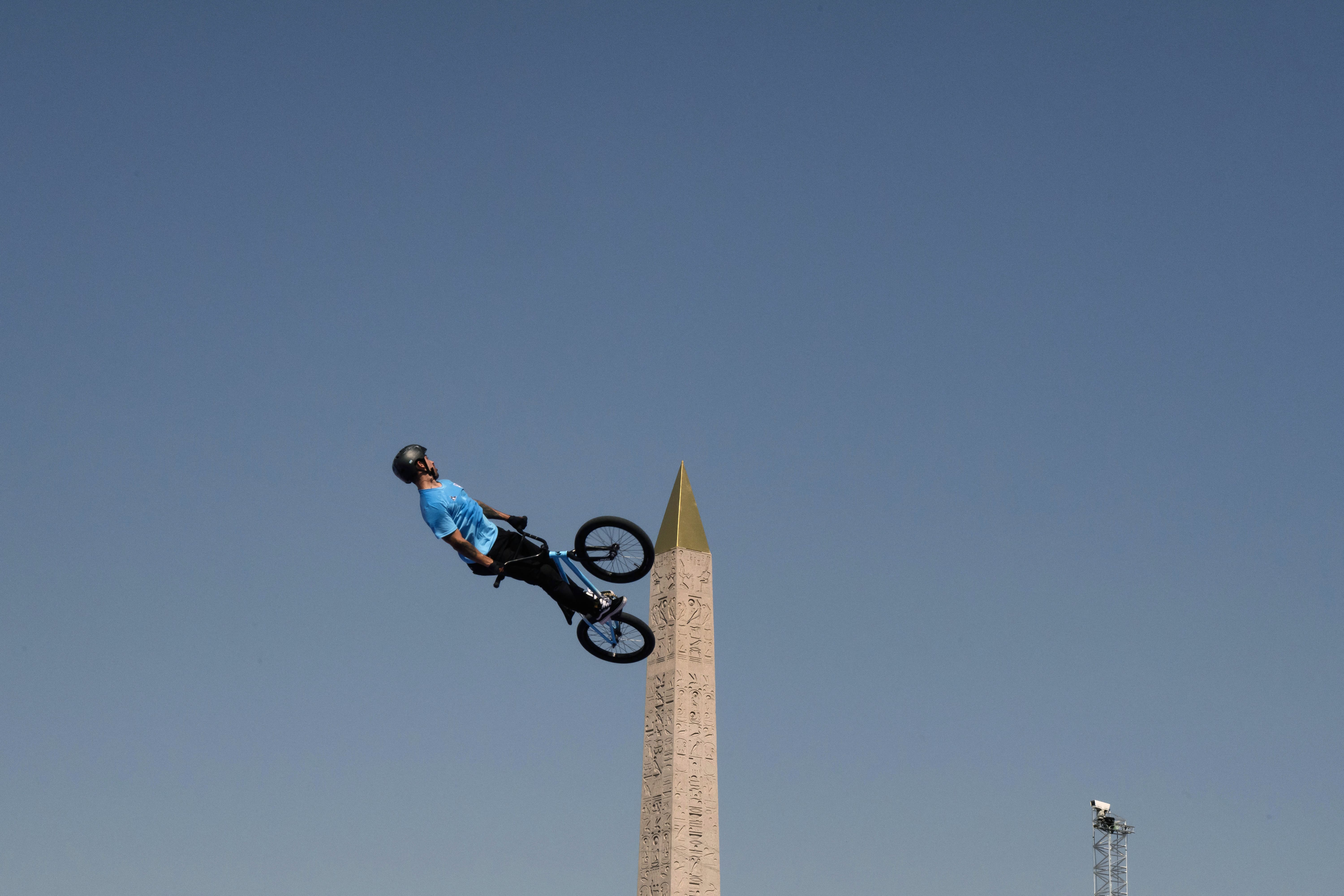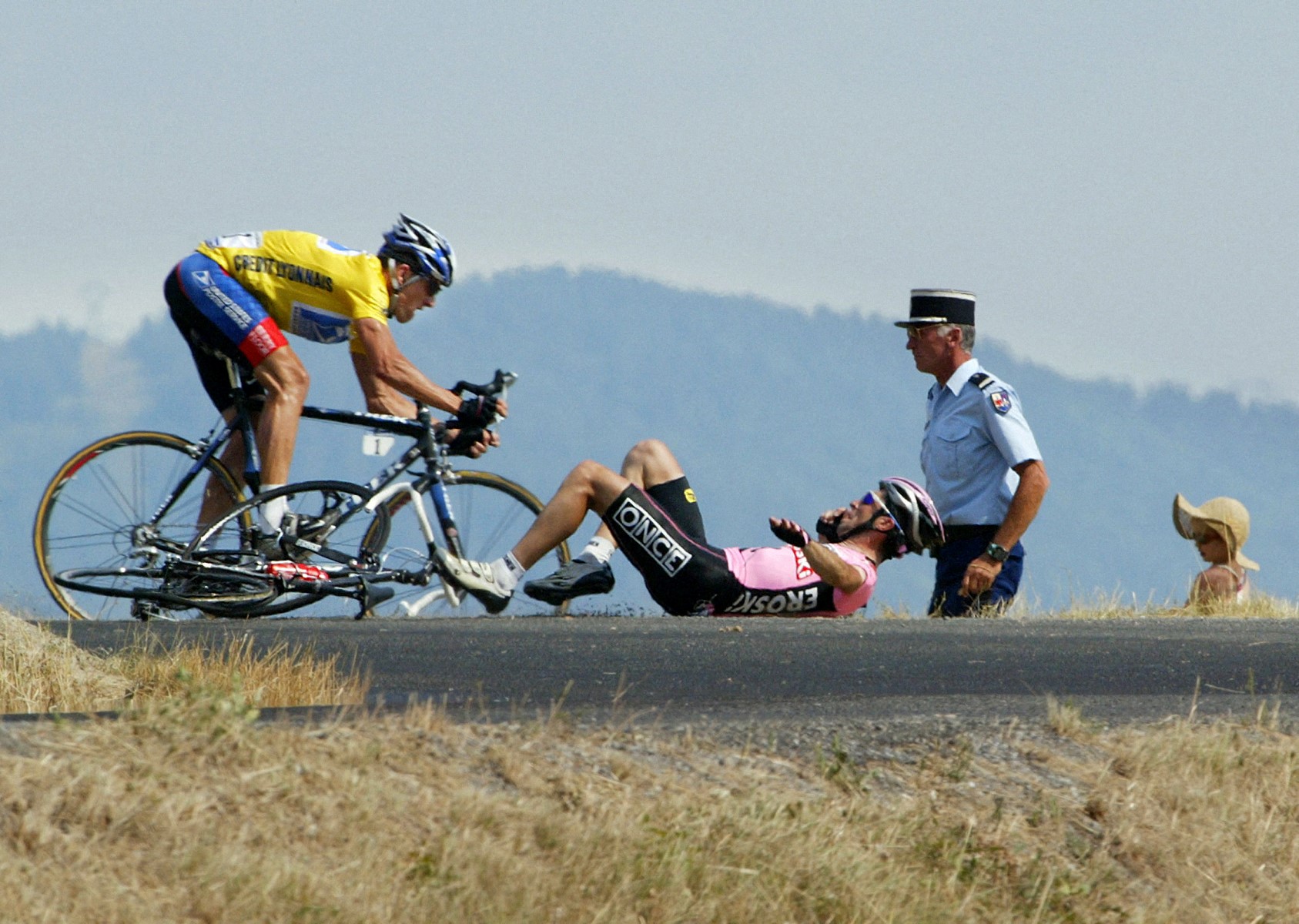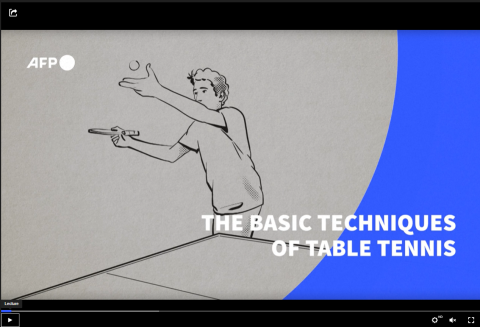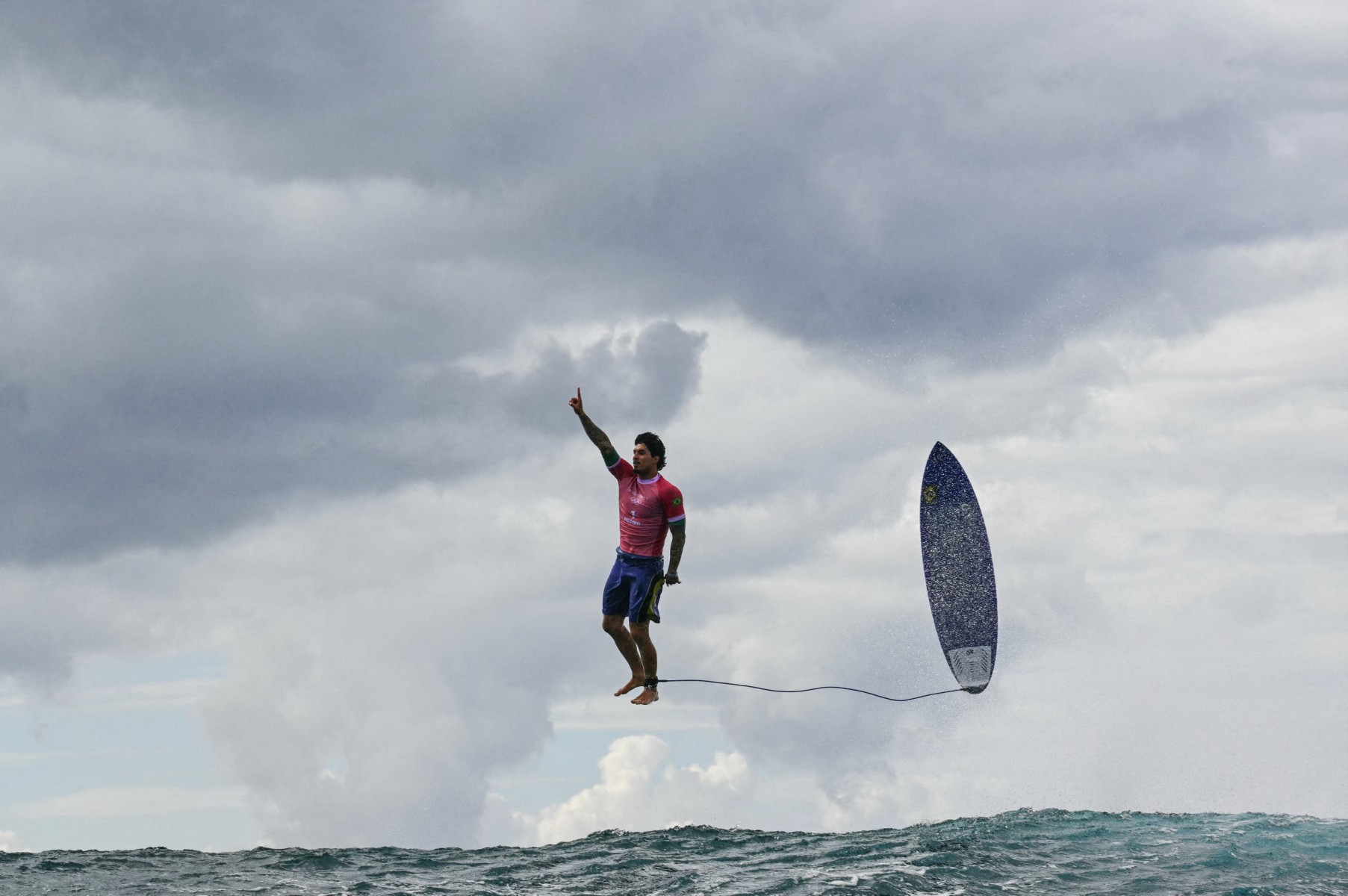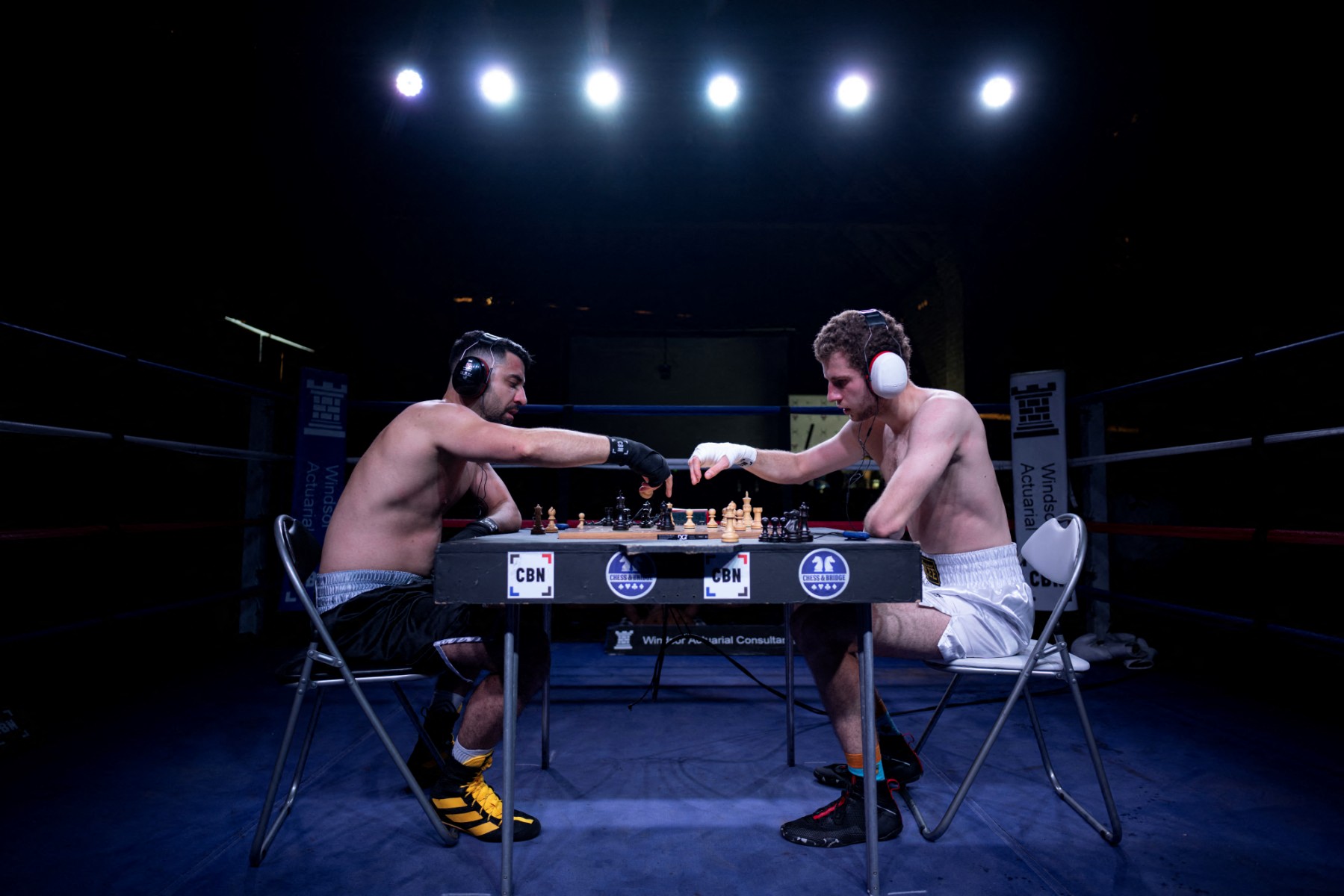One Year On: The Olympic Spirit Lives On
As the first anniversary of the Paris Olympics approaches, AFP continues to celebrate the enduring spirit of sport that electrified the French capital. The agency’s coverage of the Games was a tour de force, underscoring its capacity to deliver comprehensive and innovative reporting of one of the world’s most monumental events.
Argentina's Jose Torres Gil takes part in a BMX freestyle training session during the Paris 2024 Olympic Games at La Concorde in Paris on July 29, 2024. © Jeff Pachoud / AFP
AFP’s Year-Round Sports Coverage – Multimedia Excellence
Renowned for its exceptional sports journalism, AFP offers audiences an immersive experience of the world’s most prestigious competitions. From the Champions League to the Tour de France, Grand Slam tennis tournaments to the dunes of the Dakar Rally, AFP covers it all. The agency also delves beyond the action—exploring, for instance, how elite athletes confront fear, or examining the fallout from former Spanish football chief Luis Rubiales’ forced kiss. At every level, AFP’s expertise ensures the most significant moments are captured and contextualised.
Yellow jersey US Lance Armstrong (US Postal/USA) avoids Spaniard Joseba Beloki (ONCE/Spa) who fell down at the end of the ninth stage of the 90th Tour de France cycling race, 14 July 2003. © Joël Saget / AFP
Text, Images and Infographics
AFP’s real-time reporting brings the thrill of competition directly to fans. Each story is accompanied by striking imagery and expertly crafted infographics. Every photograph conveys emotion—victory, disappointment, and tension—while the graphics render complex data easily understandable. This synergy between visuals and editorial storytelling offers readers both immediacy and depth, shedding light on performances and the broader issues surrounding sport.
The Impact of AFP Video
AFPTV’s sports footage adds a powerful visual layer to the agency’s multimedia approach. Whether it’s live press conferences, competition highlights or behind-the-scenes access, these high-quality videos place audiences at the heart of the action. Fast turnaround times ensure that fans remain informed and can relive key moments as they unfold.
Three Questions for Pierre Galy
How are things after the Olympics? Is it finally holiday time for you?
Ah! That’s a question we’re often asked since the Paralympics ended on 8 September 2024—as if sport just stops for four years once the Games are over! But my answer is always the same: competitions such as the Champions League and national football leagues carry on as usual. All those Olympic sports once concentrated in Paris have now spread across the globe.
In 2025, for example, we’re covering the World Athletics Championships (with the indoor edition in China in March, and the outdoor event in Tokyo in September), the World Swimming Championships in Singapore (July–August), and the Gymnastics World Championships in Jakarta in October. Let’s not forget the inaugural Club World Cup in the United States this July, taking place right after the Nations League Final Four. We also closely followed the March election of Kirsty Coventry as the new president of the International Olympic Committee.
In short, sport never stops! We’re already looking ahead to 2026, with two major global events: the Winter Olympics in Milan-Cortina and the expanded 48-team FIFA World Cup, taking place across the US, Canada and Mexico—adding a fascinating geopolitical layer.
What is AFP’s greatest strength when it comes to sports coverage, across all formats?
Undoubtedly, our global network of over 200 bureaux producing content in every format. In text alone, we have more than 150 sports journalists reporting in six languages, covering events from Invercargill in southern New Zealand to Vancouver in western Canada.
We don’t just report scores—we tell the human and societal stories behind the games. Video is playing an increasingly central role in our sports journalism. And we can take immense pride in our photographers, who, amid fierce competition, delivered some of the most iconic images of the 2024 Games—such as Jérôme Brouillet’s photograph of Brazilian surfer Gabriel Medina riding high above the waves, or Jeff Pachoud’s shot of a BMX cyclist seemingly ‘scaling’ the Obelisk at Place de la Concorde.
Brazil's Gabriel Medina reacts after getting a large wave in the 5th heat of the men's surfing round 3, during the Paris 2024 Olympic Games, in Teahupo'o, on the French Polynesian Island of Tahiti, on July 29, 2024. © Jérôme Brouillet / AFP
How do you keep coverage in 2025 as exciting as an Olympic year?
Sport is, by nature, emotionally charged—every match and every event contains its own drama, triumphs and heartbreaks. This year promises no shortage of high-stakes competitions.
But above all, sport plays out on the field—but echoes far beyond it. Since Donald Trump’s inauguration in January 2025, we’ve entered a new geopolitical era. Sport now intersects with many of the challenges shaping the global landscape.
How will the newly elected IOC president position themselves in relation to Trump? What role will Russia play in future Olympic Games? Will the Israel-Hamas conflict continue to impact international sport? These are not just sporting questions—they’re global ones. And covering them is what makes our work as sports journalists more demanding, but also more thrilling than ever.
Chessboxer Shayan Zarein Dolab (L) competes against Martin Neu at the Chox Con Chessboxing Festival held on the Worstead Estate in Smallburgh, near Norwich, east England on July 6, 2024. © Oli Scarff / AFP
Explore our coverage. Get an AFP News free trial.


